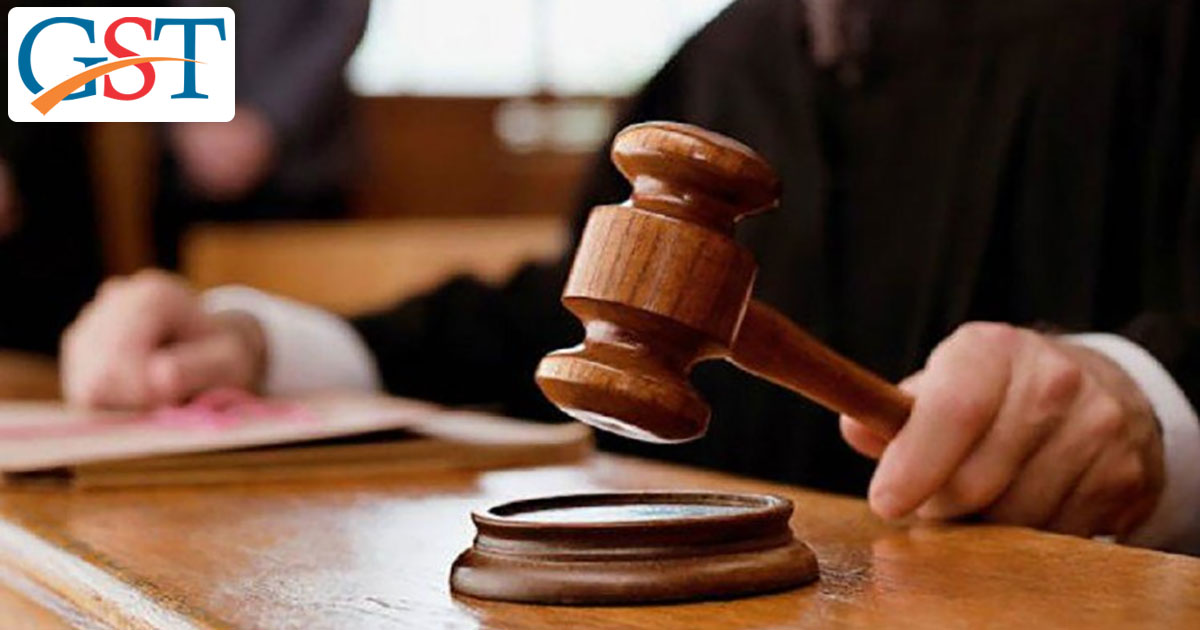The recent proposals made by the government in the GST Law are expected to provide solutions for various ongoing GST issues for which companies and associations have filed writ petitions in the court. It is also being assumed that this may even make companies take their petitions back if the solutions are provided in time.
Many tax experts believe that the proposed changes in the GST law have been recommended keeping in mind the ongoing issues of the industry.
A group of research and development centres of pharmaceutical, biotech and manufacturing companies has already taken their petition back following the announcement of the proposals by the government. The petition was filed in Delhi High Court by the group last year, which said that raw materials purchased within the country are not exempted under the GST regime, unlike the previous tax regime.
Under the previous tax regime, the government had offered a tax exemption for a period of 3 years on the procurement of raw materials, from or outside of India, in a bid to persuade research & development companies to establish their centres in the country. The writ petition filed by the group reported that the exemption was continued on the import of raw materials, however, the local purchase of raw materials are now taxable under the GST regime.
The proposed GST changes are capable of solving this issue.
Abhishek A Rastogi, a partner at Khetan & Co., the law company which filed the petition on behalf of the R&D centres, said that after the proposed changes in the GST law, the multinational R&D centres have reduced the criteria for relaxation in imports to give more scope to the revised GST rates. He is also positive that the new changes may provide solutions to the issues raised in the writ petition.
According to an earlier report, the government had instructed GST officials to take these writ petitions seriously, otherwise, the whole GST system might be in trouble. Many industry experts also believe that more changes in the GST law may be witnessed in the coming days in response to the claims raised by the companies. M.S. Mani, a partner at Deloitte India, said that based on the decisions on the petitions, considerable changes might be made in certain GST laws where the present laws are not in the favour of the companies or are too confusing.
Read Also: 28th GST Council Meeting: 21st July 2018
At present, there are over 50 writ petitions have been filed in different high courts of India regarding the various GST issues, such as transition credit and investment in tax holiday jurisdiction.









